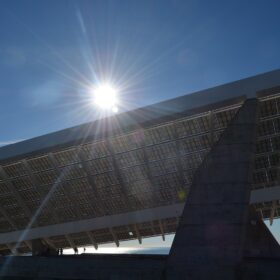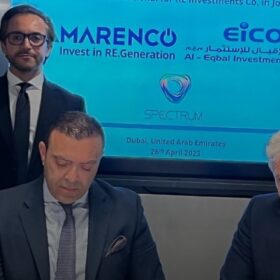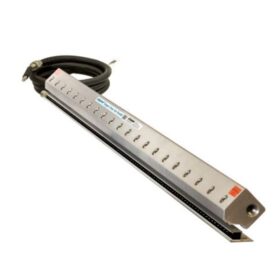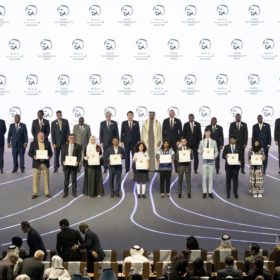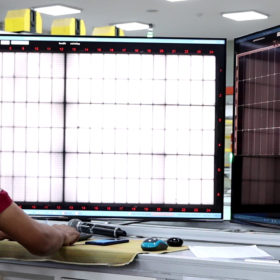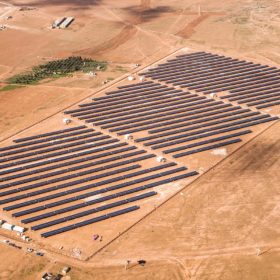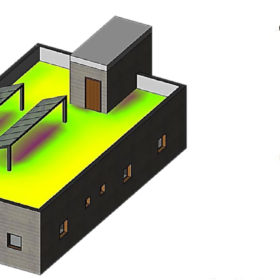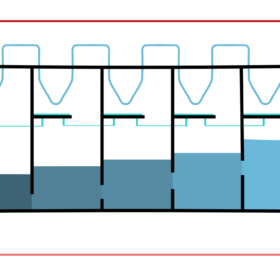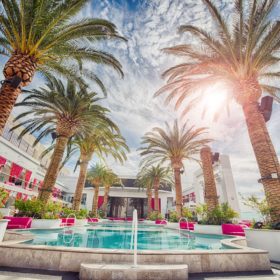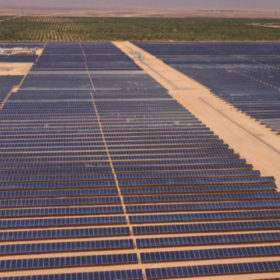Reducing solar module temperature with acrylic sheets
Jordanian researchers have developed a method using acrylic sheets to reflect and absorb unused solar radiation in PV power generation. The solution has the potential to decrease solar panel temperature by more than 14% and increase power yields by approximately 2%.
Amarenco acquires Jordanian renewable energy company Spectrum
With the acquisition of Spectrum International, Amarenco Group strengthens its presence in the Middle East and North Africa, where it is aiming for 200 MW.
Dust removal for solar panels via electrostatic cleaning
A Jordanian research team has designed a cleaning technique for solar modules that uses static electricity to remove dust from panel surfaces. The system features an electrostatic ionizer that reduces attraction between dust particles and their accumulation on modules, improving their energy yield.
Solar proves common thread among Zayed Sustainability Prize winners
The opening ceremony of Abu Dhabi Sustainability Week 2023 was not short of inspirational rhetoric, but the winners of the Zayed Sustainability Prize provided some real-world examples of what action on the local level really looks like.
A true beginning – how the IRA persuaded us to invest in the US
The Inflation Reduction Act (IRA) has opened a new door for US solar manufacturers, as one of the executives behind a US-Jordanian project to bring PV production to the US explains.
Solar in exchange for desalinated water
Israel and Jordan have agreed to pair 600 MW of solar with an undisclosed amount of storage. The deal, which was brokered by the United Arab Emirates at COP27, will see Jordan provide electricity to Israel in exchange for desalinated water.
Rooftop PV to reduce cooling demand of uninsulated buildings
The shading effect of rooftop PV systems may help reduce cooling demand in uninsulated buildings by over 10% in the summer, according to new research from Jordan. The scientists also found that a rooftop array may increase a building’s heating load in the winter by 3.8%.
Photovoltaics for multistage flash desalinators
Scientists have investigated how utility-scale solar may be used to power multistage flashing-brine recirculation (MSF-BR) water desalination plants in Aqaba, Jordan. They found the facility would be sufficient to provide the entire city with drinking water. The proposed system configuration comprises a 30 MW solar plant and a standar MSF-BR unit.
PV-powered heat pump system for commercial swimming pool heating
Researchers in Jordan have designed a solar-assisted heat pump system for swimming pool heating at a hotel in the coastal city of Aqaba. They found that the system has a payback time of only 1.94 years and that total profits after ten years of operations may reach around $1.88 million.
Locally-made panels used in 50 MW Jordanian solar project
The Al Husainiyah solar plant, 200km south of Jordanian capital Amman, began commercial operations a week ago with more than 200,000 panels manufactured by 30% joint owner Philadelphia Solar.
